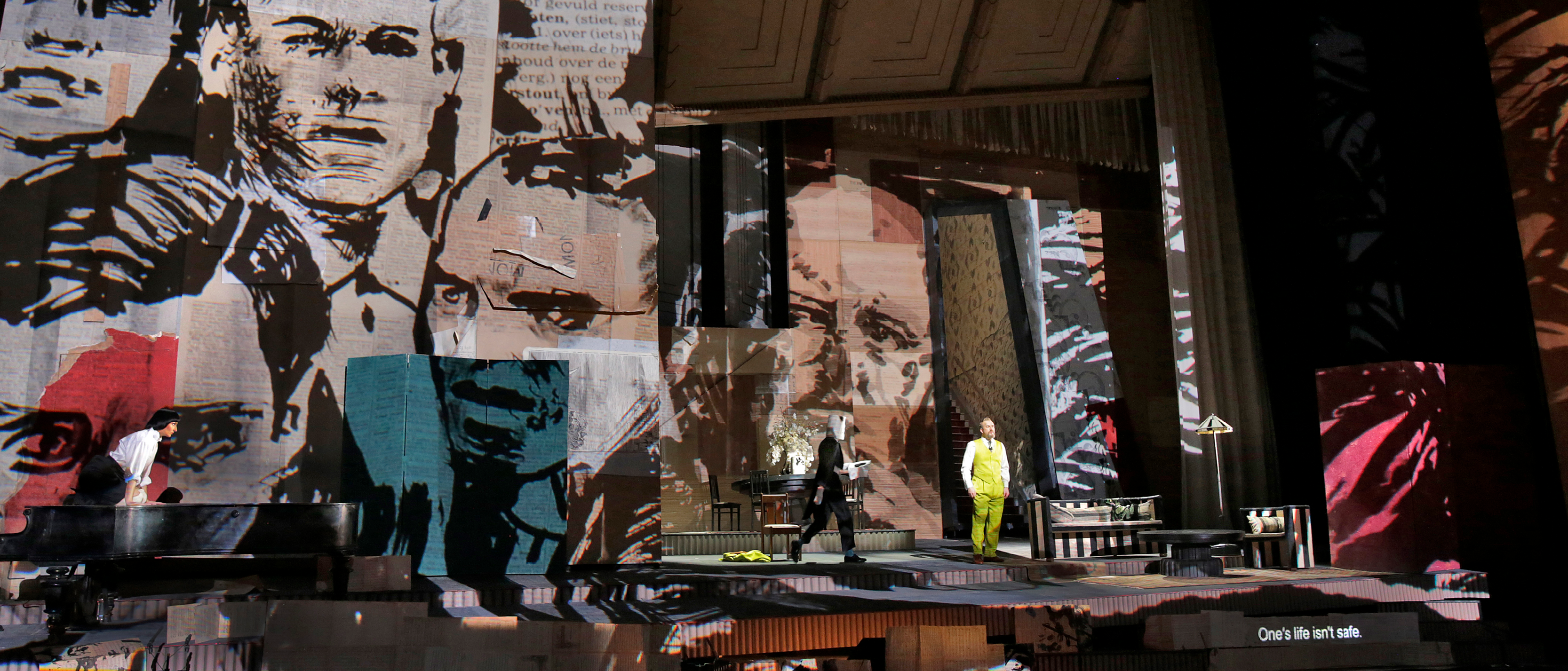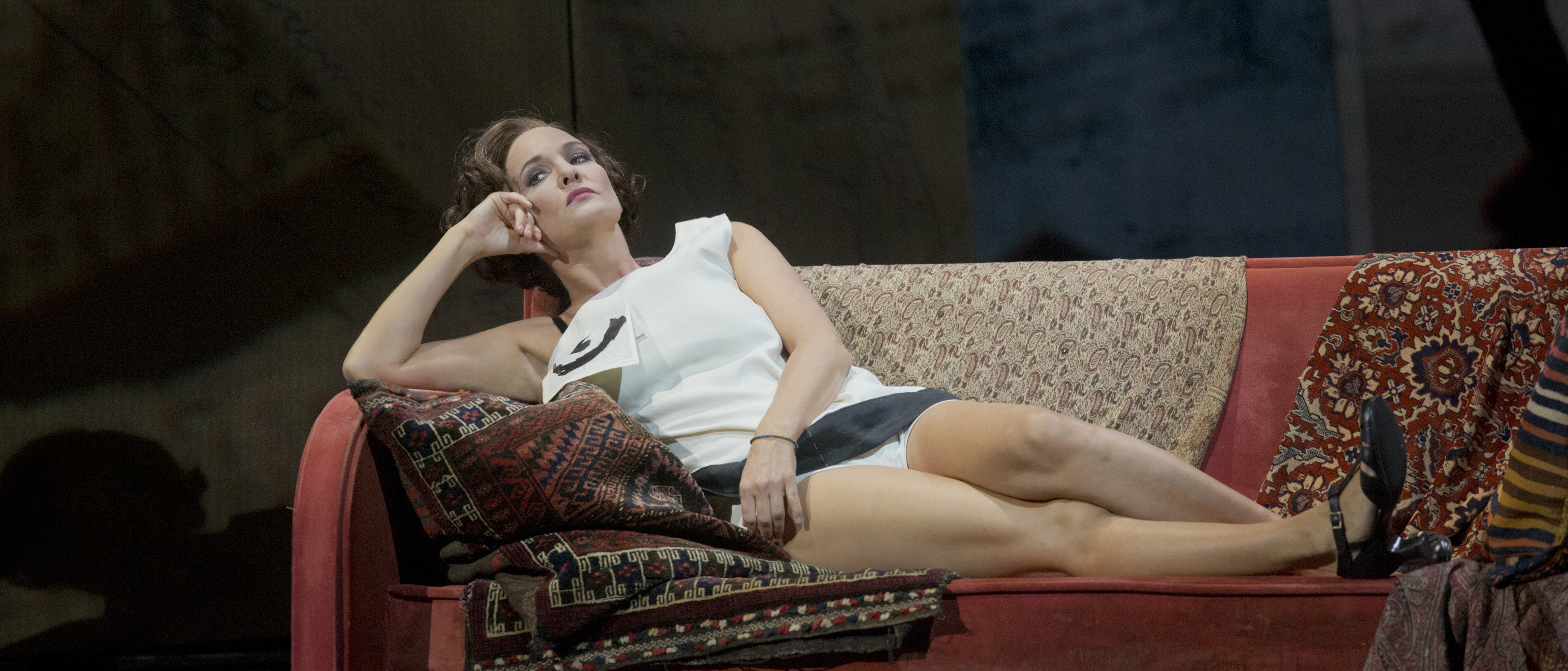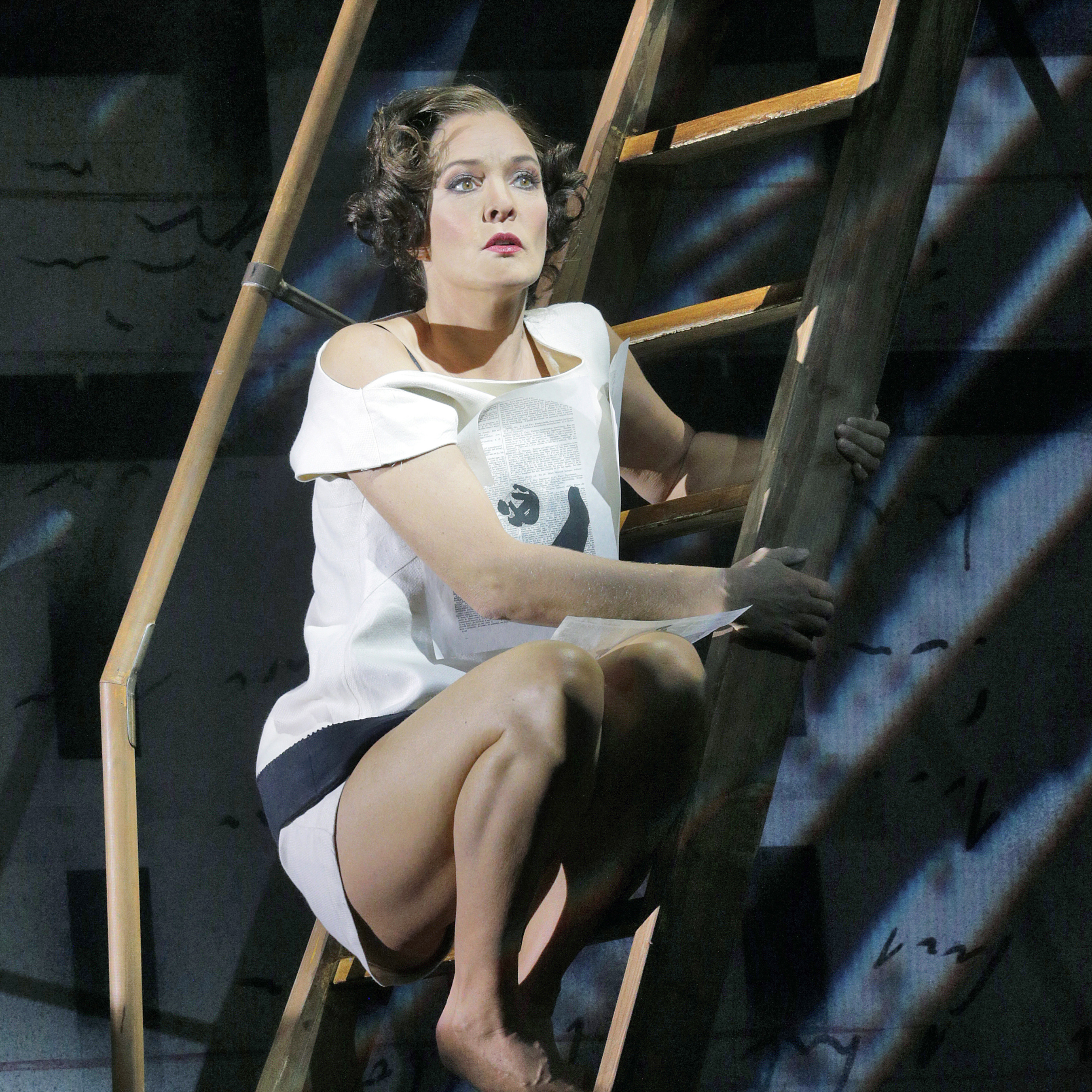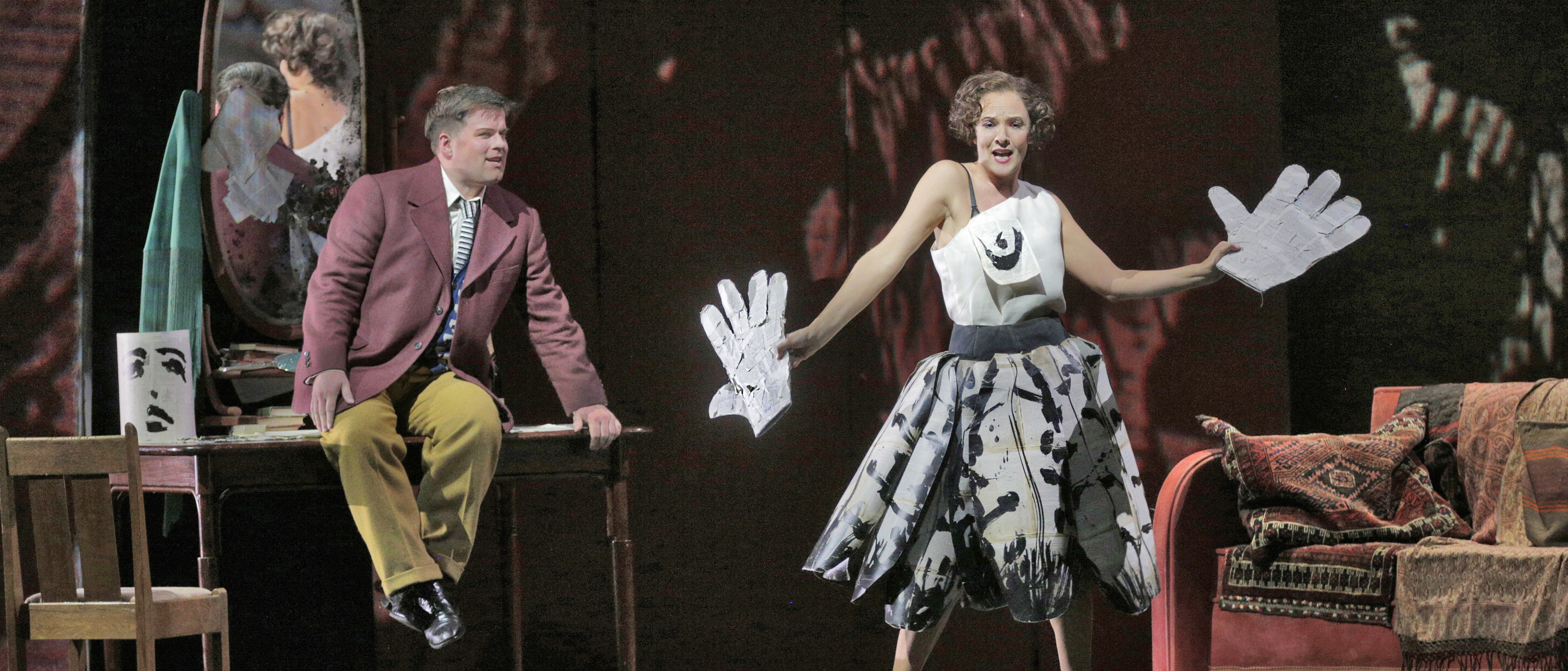
Lulu
Alban Berg’s Lulu is a work of astonishing complexity. Based on two highly controversial plays by German author Frank Wedekind, the opera is both an unapologetic attack on bourgeois morality and a tragic character study of one woman’s meteoric rise and catastrophic fall. With its refusal to present a tidy moral conclusion and its uncompromising depiction of sexuality, the opera held a stark mirror up to 1930s Viennese society. And its mysterious title character—at once a femme fatale and a tragic victim, a pitiless temptress and a pitiful pawn—continues to move and shock audiences to this day.
Besides the opera’s grisly story, Lulu’s music has challenged listeners since its premiere. Berg’s score features 12-tone composition, a technique pioneered by Berg’s teacher Arnold Schoenberg, and the musical landscape is intricate and intellectually rigorous. Despite the intended thorniness of the compositional style, however, Berg managed to craft a score of considerable nuance and emotional depth. From its palindromic form to its dodecaphonic leitmotifs, the score rewards careful analysis. The Met’s production, too, is at once superbly crafted and dramatically compelling. Helmed by acclaimed artist and director William Kentridge, the production draws inspiration from the rich cultural tapestry of Berg’s time, including the works of German Expressionism and the silent cinema of the Weimar era. Providing an interpretive key to Berg’s rich score, Kentridge’s design draws the audience into the emotional urgency of the opera’s music and plot.
This guide invites students to explore Lulu through both historical and contemporary lenses. On the one hand, contextualizing this extraordinary opera (and the plays that preceded it) in the artistic, literary, and sociopolitical world of the late 19th and early 20th century will help students engage with the work’s surprising twists and turns. On the other hand, modern analytic techniques—including those drawn from critical theory, gender studies, and media studies—can help students plumb the work’s depths while relating it to contemporary events. By examining the nuances of its text and music, exploring the dramaturgical strategies of director William Kentridge, and thinking deeply about the opera’s central concerns, students will gain a better understanding of what makes Lulu such a rich subject for study as well as one of the greatest operas of the 20th century.
Included in the 2015-16 season of HD Live in Schools.


